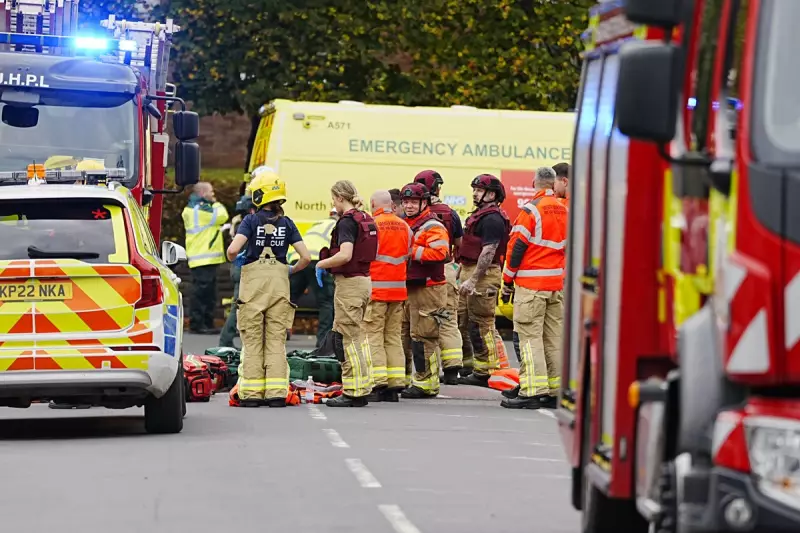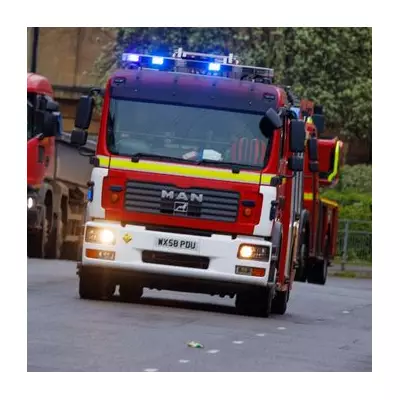
Two Greater Manchester Police officers have been removed from frontline duties and placed under investigation following a disturbing incident where a Jewish man was handcuffed while experiencing a medical episode.
The Independent Office for Police Conduct (IOPC) has launched a formal investigation into the officers' conduct after receiving a mandatory referral from GMP. The incident occurred when police responded alongside paramedics to a medical emergency involving the man.
Medical Crisis Meets Police Restraint
According to reports, the individual was suffering from a medical episode that required urgent attention from North West Ambulance Service paramedics. Despite the clear medical context of the situation, attending officers made the decision to handcuff the man while medical treatment was being administered.
The situation raises serious questions about police training in dealing with medical emergencies and whether appropriate de-escalation techniques were employed.
Community Concerns and Official Response
A spokesperson for Greater Manchester Police confirmed: "We have made a mandatory referral to the Independent Office for Police Conduct and two officers have been removed from frontline duties pending the outcome of their investigation."
The Jewish community in Manchester has expressed concern about the incident, particularly given the vulnerable state of the individual involved. Community leaders are seeking reassurances about police procedures when dealing with medical emergencies.
Broader Implications for Police Practice
This case comes amid ongoing national discussions about police conduct and the treatment of vulnerable individuals. The IOPC investigation will examine:
- Whether the use of restraints was proportionate and necessary
- The officers' assessment of the medical situation
- Compliance with police guidelines on dealing with medical emergencies
- Any potential discrimination in the officers' actions
The findings could have significant implications for police training and procedures nationwide, particularly regarding interactions with individuals experiencing health crises.





